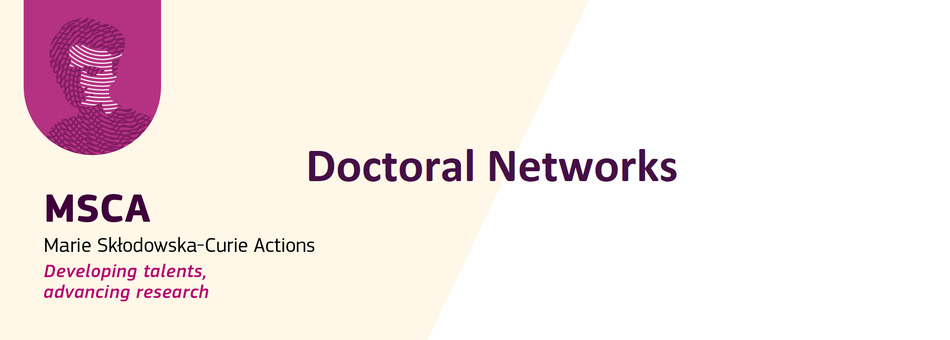Expected Outcome:
Projects should contribute to all of the following expected outcomes:
- Comprehensive evidence base to explain the long-term impact of various inequalities (socio-economic, gender, disability, spatial, ethnic, etc.) on political participation, democratic quality and stability.
- Development, validation and piloting of strategies, policies and action plans for tackling inequalities while boosting trust and resilience at different levels of governance, including at the local level.
- Strategies, regulations and policies to support the inclusion of marginalised groups in the democratic and participatory process.
Scope:
Citizens, especially in certain social groups, have been experiencing an erosion in living standards over the past decades. This process has persisted during the financial recovery and is likely to worsen following the coronavirus pandemic. At the same time, social mobility stalled and the impact of inequalities increased. This has reinforced sentiments of public distrust towards the political institutions of democracy. European research suggests that a shrinking of private and public resources due to economic downturns can lead to disenchantment from politics, and even to a general deterioration of the rule of law. Moreover, persistent inequality has lifelong effects for children and undermines the ability of the more socially vulnerable and excluded to participate meaningfully in the political process, while economically powerful actors gain a greater influence. Social, economic, spatial, ethnic or gender inequalities often translate into political inequalities, especially if different areas of inequality (e.g. in economic opportunities, access to education, health and social security) are overlapping. There is a danger of having a long-lasting fissure in the egalitarian ethos of democracy produced by the almost permanent political exclusion of wide social groups. Particular attention should be paid to children and youth, who are particularly vulnerable to the effects of recession, and for whom the structuring effects of inequality and unequal opportunities may have lasting consequences in terms of education, work and life chances.
Proposals are expected to address some of the following points: To take stock of long-term trends in and types of inequalities (socio-economic, gender, age, spatial, digital gaps, ethnic, linguistic, etc.), as well as to identify the sources of these inequalities and the way they intersect. Proposals should model the relation between inequalities and levels of political trust in European societies and the emergence of protest movements and populist discourses, including in their national, transnational and spatial dimensions. What set of policy actions can enhance equality and political engagement amongst the socially excluded and vulnerable, including children and youth? The processes that allow or prevent these groups’ interests and demands from entering the political agenda should be examined. Research should relate different kinds of policies (economic, access to education, housing, employment, etc.) and the role of public services, including digital ones, to levels of democratic legitimacy and trust among different social groups, including with a spatial perspective (e.g. rural vs urban). It should also relate the structure of political representation (e.g. how much are governments, parties, parliaments, etc. representative of different social categories; the discourses of major political agents and their social relevance) to levels of political engagement and democratic legitimacy.
Based on the evidence collected and analysed, proposals should develop validation and piloting of strategies, policies and actions to tackle inequalities and to reinforce the inclusion of marginalised groups in the democratic and participatory process, including increased involvement of marginalised groups in the creation of digital public services. Active involvement of citizens and socially innovative approaches are strongly encouraged.





